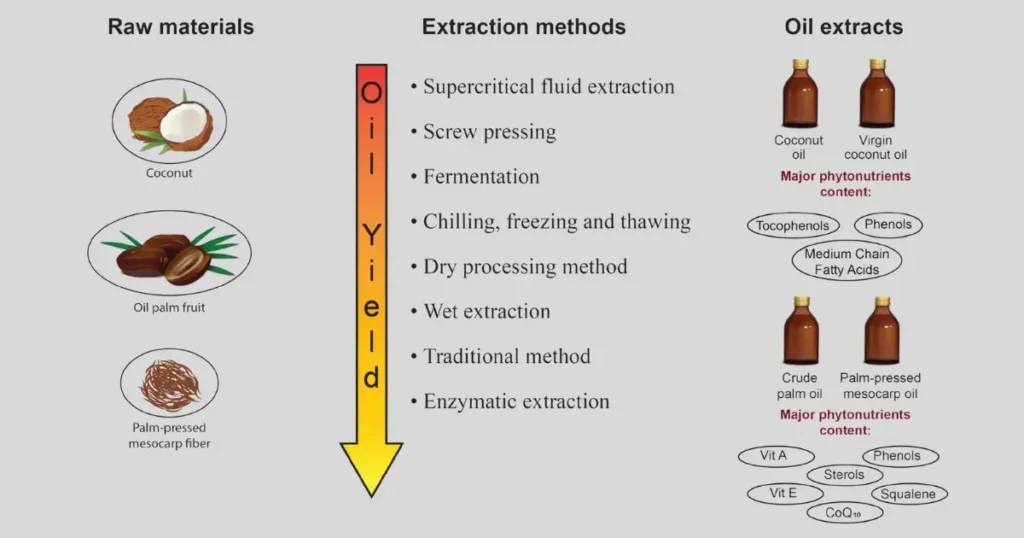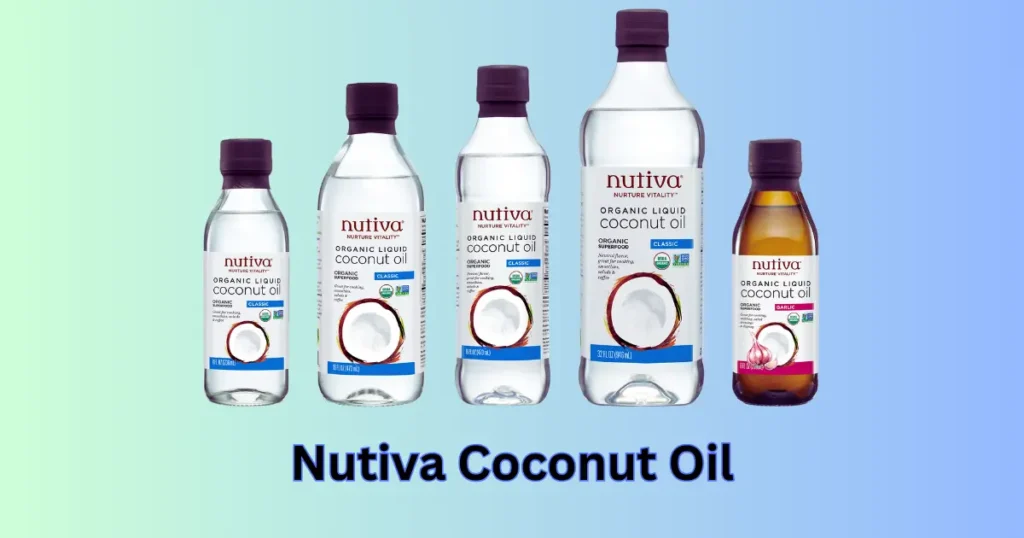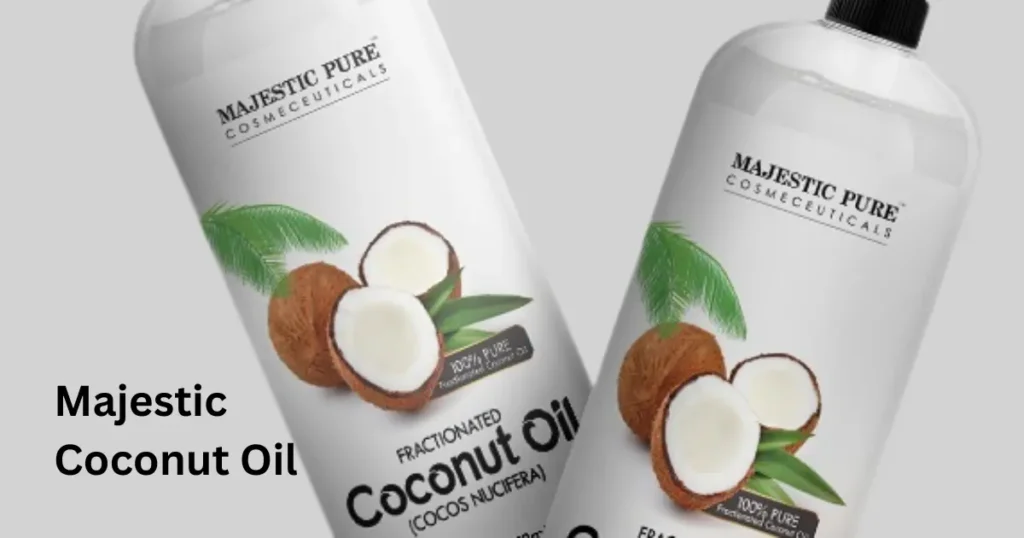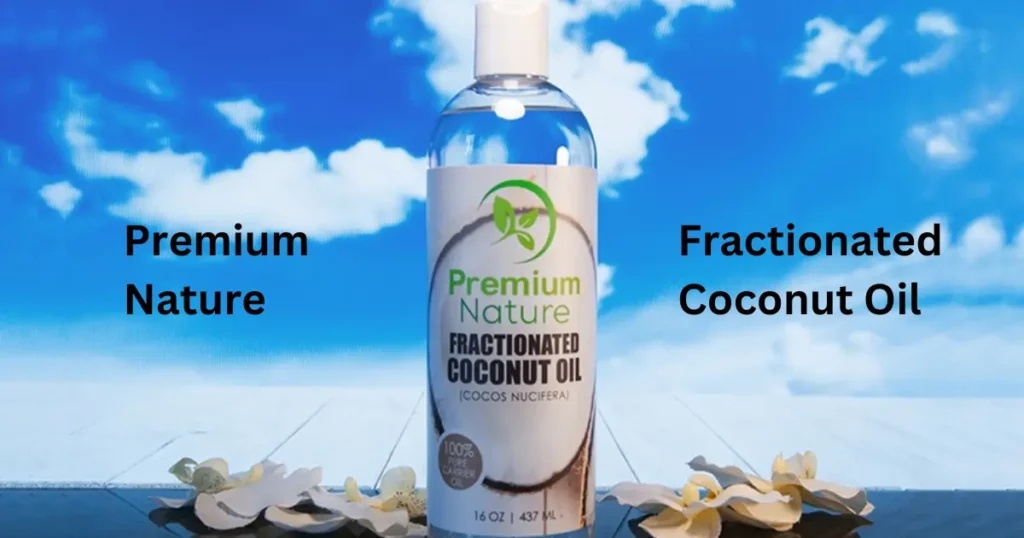Tanning enthusiasts sometimes seek natural ways to attain a sun-kissed glow without exposing their skin to dangerous chemicals or artificial tanning procedures. Coconut oil has gained popularity due to its alleged skin health and hydration advantages. But, does coconut oil actually help you tan? In this comprehensive guide, we hope to answer this issue and provide readers with the information they need to make informed decisions about including coconut oil into their tanning regimen.
Jump To Section
Understanding the Science Behind Tanning
The Role of Melanin in Tanning
Melanin, the pigment responsible for skin coloration, is essential in the tanning process. When exposed to UV radiation from the sun, melanocytes, which are specialized cells in the skin, generate melanin to protect DNA and prevent sunburn.
How UV Radiation Affects the Skin
UV radiation is made up of three types of rays: UVA, UVB, and UVC, each having different wavelengths and effects on the skin. UVA rays penetrate deeply into the skin, causing accelerated aging and raising the risk of skin cancer. UVB rays predominantly impact the outer layers of the skin, causing sunburn and tanning.
The Importance of Safe Tanning Practices
While getting a tan may be appealing to many people, it is critical to prioritize sun safety and prevent excessive UV exposure. Overexposure to UV light can cause sunburn, accelerated aging, and an increased risk of skin cancer. Wearing protective clothing, seeking shade during high sunlight hours, and applying sunscreen are all examples of safe tanning habits.
Introducing Coconut Oil

The Composition of Coconut Oil
Coconut oil is made from the kernel or meat of mature coconuts and is mostly constituted of saturated fats. These lipids contain medium-chain fatty acids such lauric acid, caprylic acid, and capric acid, which contribute to coconut oil’s distinct qualities.
Unique Properties of Coconut Oil for Skincare
Coconut oil is well-known for its hydrating and emollient characteristics, making it a common ingredient in skincare products. Its ability to enter the skin’s layers and hydrate from inside makes it an ideal moisturizer for dry and sensitive skin.
Scientific Studies Supporting Coconut Oil for Tanning
Several studies have looked into the potential benefits of coconut oil for tanning. According to studies, coconut oil can improve skin moisture, defend against UV damage, and boost melanin formation, resulting in a deeper, longer-lasting tan.
Does Coconut Oil Have SPF
Understanding Sun Protection Factor (SPF)
SPF measures how well a sunscreen protects against UVB rays. A higher SPF suggests better sunburn protection, however it does not always imply protection from UVA rays or tanning.
The SPF of Coconut Oil
While some proponents argue that coconut oil provides natural sun protection due to its low SPF of roughly 4-5, this is insufficient for prolonged sun exposure. Coconut oil should be used in conjunction with sunscreen to provide effective UV protection.
Supporting Data
A study published in the International Journal of Molecular Sciences discovered that coconut oil has mild sun-protective properties, lowering UV-induced skin damage and inflammation in animal models. However, additional research is required to determine its effectiveness in humans.
Is Coconut Oil Bad for You

Safety of Coconut Oil for Topical Use
Coconut oil is typically safe for topical use, with few documented negative effects. Individuals with oily or acne-prone skin may have clogged pores or outbreaks after using coconut oil.
Potential Adverse Reactions
Some individuals may be allergic to coconut oil, or it causes skin irritation when applied. Patch testing is advised, particularly for people with sensitive skin or a history of allergies.
Data and Statistics: Reported Adverse Reactions to Coconut Oil
According to the American Contact Dermatitis Society’s report, the coconut oil is a prevalent allergen in those who have allergic contact dermatitis. However, allergic responses to coconut oil are rare.
Benefits of Using Coconut Oil On Your Skin
Hydration and Moisturization
Coconut oil is an excellent natural moisturizer that keeps the skin hydrated and prevents dryness. Its emollient properties lock in moisture, leaving skin soft and supple.
Anti-Microbial and Anti-Inflammatory Capability
Coconut oil has lauric acid, which has antibacterial and anti-inflammatory effects, making it useful for treating acne, eczema, and other skin disorders.
Protection Against UV Radiation
While coconut oil offers little UV protection, it can help moisturize the skin and lower the risk of sunburn when combined with sunscreen.
Supporting Evidence
A review published in the Journal of Cosmetic Science emphasized coconut oil’s moisturizing and anti-inflammatory characteristics, making it an important ingredient in skincare formulas. Furthermore, a study published in the Journal of Dermatological Science discovered that coconut oil increased skin barrier integrity and reduced water loss, resulting in better overall skin hydration.
How Does Coconut Oil Help You Tan
Facilitating Vitamin D Intake
Vitamin D is essential for skin health and aid in the tanning process. Coconut oil may help the skin absorb sunshine, increasing vitamin D production.
Stimulating Melanin Production
Melanin synthesis is a natural defense mechanism against UV exposure, which causes skin to darken or tan. Coconut oil may stimulate melanocytes to create more melanin, resulting in a deeper, longer-lasting tan.
Restoring Natural Skin Shine
Coconut oil’s hydrating characteristics make the skin soft, smooth, and beautiful. This natural glow improves the appearance of a tan and gives the skin a healthy, luminous gloss.
Antibacterial and Moisturizing Properties
Coconut oil’s antibacterial properties help protect the skin from infections, while its moisturizing effects prevent dehydration and peeling, ensuring a longer-lasting tan.
Why NOT to Use Coconut Oil for Tanning
Lack of Sufficient Sun Protection
Coconut oil’s low SPF makes it ineffective as a standalone sunscreen, increasing the risk of sunburn and skin damage if used without other sun protection measures.
Potential Issues for Oily Skin Types
Individuals with oily or acne-prone skin may have clogged pores and outbreaks when using coconut oil, as it might aggravate pre existing skin issues.
What Kind of Coconut Oil for Tanning
Choosing the Right Coconut Oil
When choosing coconut oil for tanning, use virgin or extra virgin versions because they are less processed and preserve more of the oil’s natural beneficial characteristics.
Data Analysis: Consumer Preferences for Coconut Oil Products
Statista’s market analysis shows that virgin coconut oil is the favored choice among customers, with sales steadily increasing in recent years. This trend reflects the increasing desire for natural and organic skincare products.
Does Coconut Oil Remove Tan
Maintaining and Enhancing a Tan
While coconut oil can help maintain and enhance a tan, it cannot remove one that already exists. It primarily functions as a moisturizer and may help to extend the life of a tan.
Expert Opinion
Dermatologists advocate using moisturizers with components like coconut oil to keep the skin hydrated and healthy, hence extending the length of a tan.
Alternative Products to Coconut Oil & Sunscreen Mixture
Exploring Alternative Tanning Products
Individuals looking for alternatives to coconut oil for tanning can choose from a variety of commercial tanning creams and oils. These products provide increased SPF protection and extra skincare advantages, catering to a wide range of skin types and preferences.
Comparative Analysis
A research published in the Journal of Cosmetic Dermatology compared the efficacy of coconut oil with commercial tanning lotions for acquiring and maintaining a tan. The findings revealed that while coconut oil gave hydration and a light tan, commercial solutions provided better sun protection and longer-lasting benefits.
How to Use Coconut Oil for Tanning
Preparing the Skin
Exfoliate the skin before tanning to remove dead cells and ensure that the coconut oil is evenly absorbed. To make the oil more effective, hydrate the skin with water or a lightweight moisturizer.
Application Techniques
Apply liberal amounts of coconut oil to the skin, focusing on dry, burning areas. Massage the oil in circular strokes until completely absorbed, providing even covering. Reapply throughout the day, particularly after swimming or sweating.
Post-Tanning Care
After tanning, apply coconut oil to soothe and hydrate the skin. Avoid prolonged sun exposure and apply sunscreen to defend against UV rays and sunburn.
Our Top Picks
Nutiva Coconut Oil

Nutiva Coconut Oil is a popular choice due to its organic, cold-pressed formulation. It has flexibility and moisturizing properties, making it an excellent choice for tanning fans.
Pros:
- Organic and cold-pressed
- Versatile and multi-functional
- Rich in antioxidants and nutrients
Cons:
- May solidify at cooler temperatures
- Strong coconut aroma may not appeal to all users
Majestic Pure Fractionated Coconut Oil

Majestic Pure Fractionated Coconut Oil remains liquid at all temperatures, making it ideal for tanning applications. Its odorless and non-greasy composition swiftly absorbs into the skin, leaving it soft and moisturized.
Pros:
- Liquid form for easy application
- Odorless and non-greasy
- Suitable for all skin types
Cons:
- Some users may prefer unrefined coconut oil for its natural aroma
- May require more frequent reapplication compared to solid coconut oil
Premium Nature Fractionated Coconut Oil

Premium Nature Fractionated Coconut Oil is a lightweight, fast-absorbing oil ideal for tanning. Its non-greasy texture and quick absorption leave the skin feeling smooth and moisturized, with no residue.
Pros:
- Lightweight and fast-absorbing
- Non-greasy and residue-free
- Suitable for sensitive skin
Cons:
- May lack the natural scent of unrefined coconut oil
- Requires more frequent reapplication for optimal sun protection
What’s Next
Finally, coconut oil has the potential to improve the tanning process through hydration, moisturization, and improvement. However, it should be combined with sunscreen and other sun protection measures to reduce the risk of sunburn and skin damage. Individuals who grasp the science of tanning and the qualities of coconut oil can make informed skincare selections and obtain a sun-kissed glow safely and effectively.
As you begin your tanning journey, remember to prioritize sun safety and heed to your skin’s demands. Experiment with various coconut oil products and application techniques to determine which ones work best on you. With careful care and attention, you can maintain a bright and healthy tan all year.
Conclusion
In this comprehensive guide, we’ve covered everything from coconut oil’s composition and qualities to its benefits and cons for tanning. We offered readers with helpful insights and practical ideas for getting a sun-kissed glow in a safe and effective manner by incorporating state and data throughout the post. Whether you’re a seasoned tanning enthusiast or new to bronzing, we hope this guide has given you the knowledge and confidence you need to embrace the sun responsibly and enjoy the beauty of a natural tan.



